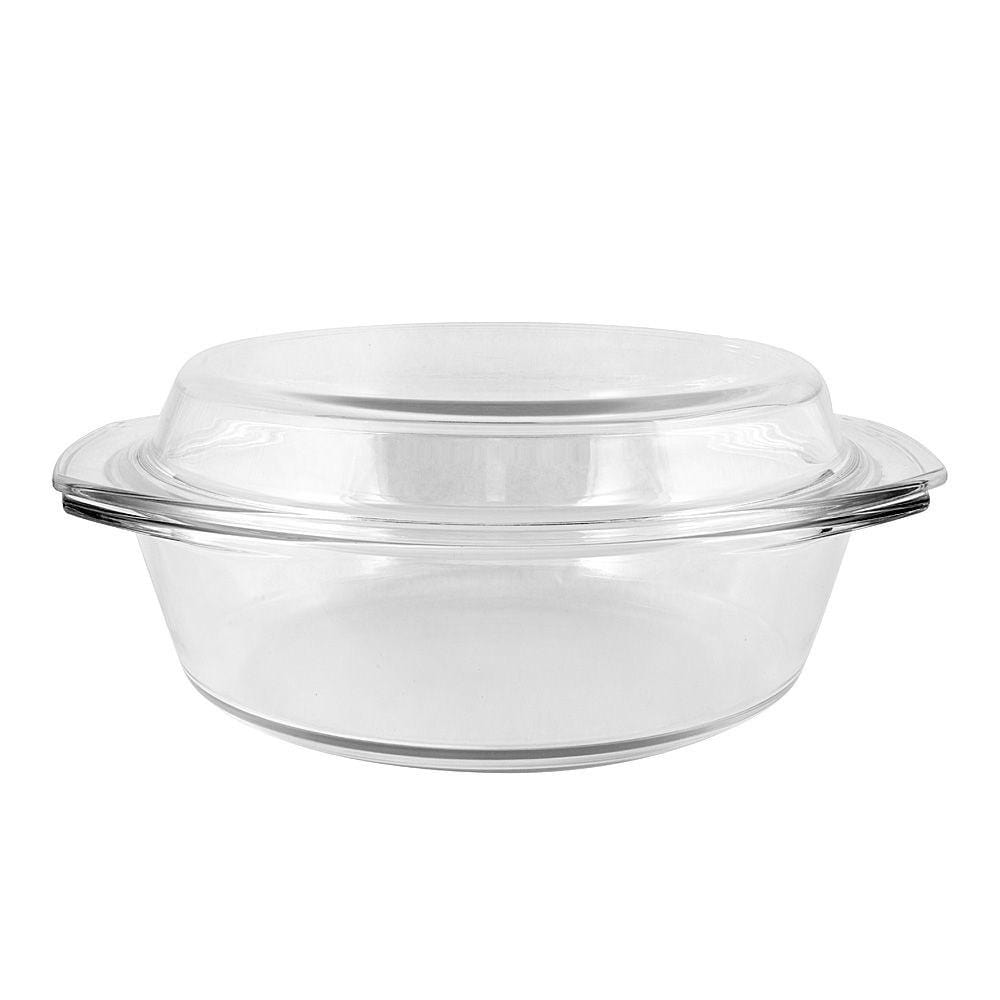Keywords: Replacement caps for mm vials in GC/GCMS applications, Borosilicate glass properties, Advantages of using Borosilicate glass for labware, Importance of choosing high-quality glassware for scientific experiments, Conclusion.

Borosilicate glass is a type of glass that is commonly used in scientific research, industrial applications, and consumer products. With silica and boron trioxide as its primary components, this special glass is best known for its resistance to thermal shock, making it ideal for use in laboratory reagent bottles and other applications where temperature variations are common. In this blog, we will discuss the properties of Borosilicate glass, the advantages of using it for scientific experiments, the importance of choosing high-quality glassware, and conclude with why Borosilicate glass is the best choice for Replacement caps for mm vials in GC/GCMS applications.
Borosilicate glass is an ideal material for labware due to its unique properties. It has a low coefficient of thermal expansion, meaning it is less susceptible to thermal stress during experiments with extreme temperature variations. This makes it ideal for use in laboratory equipment such as test tubes, beakers, and pipettes. Borosilicate glass is also chemically resistant, which makes it ideal for use with acidic or caustic substances. The chemical composition of borosilicate glass also makes it more durable than traditional glass, meaning it is less likely to shatter or break.
The advantages of using Borosilicate glass in scientific experiments are numerous. One of the primary advantages is its thermal shock resistance. This means that it can withstand rapid temperature changes without meaningfully impacting its structural integrity or affecting experimental results. Also, Borosilicate glass is transparent, which makes it possible to observe reactions and other phenomena during experiments. Furthermore, it has excellent chemical resistance, which makes it an ideal substance for experiments involving corrosive substances. These characteristics make Borosilicate glass particularly well-suited for use in scientific research and experimentation.
Choosing high-quality glassware is essential when conducting scientific experiments. Low-quality labware can lead to less accurate results, as well as presenting a safety hazard. Therefore, it is crucial to choose well-manufactured glassware that can withstand the rigors of laboratory experimentation. For this reason, we recommend choosing labware made from Borosilicate glass. It is among the safest and most durable types of glassware available, ensuring that scientific research can be conducted with the greatest accuracy and safety possible.
In conclusion, Borosilicate glass is an ideal material for use in scientific research and experimentation. Its unique properties, including low coefficients of thermal expansion, excellent chemical resistance, and high thermal shock resistance, make it ideal for high-precision lab work. When you're looking for new glassware or replacement caps for mm vials in GC/GCMS applications, choose Borosilicate glass products to ensure the highest quality results and accuracy in scientific experiments.